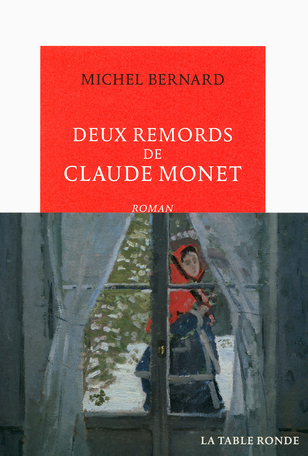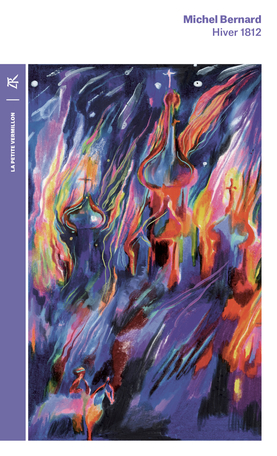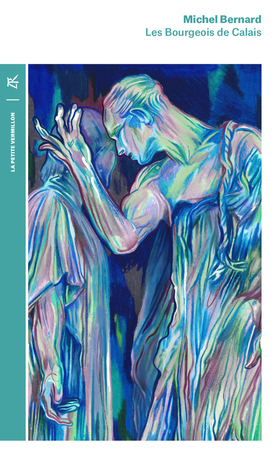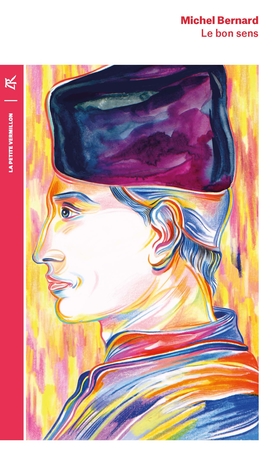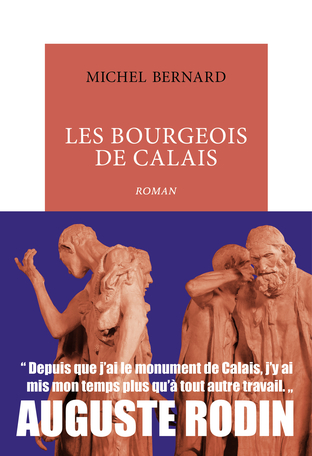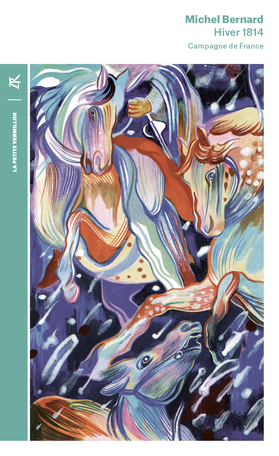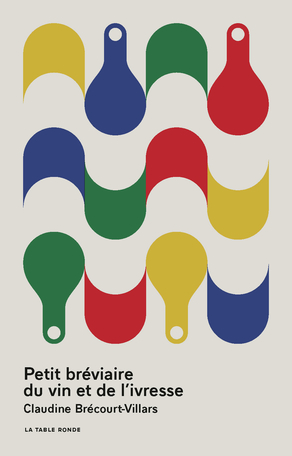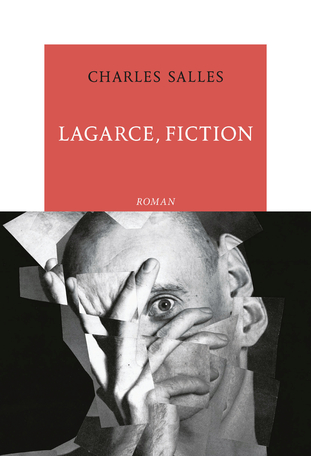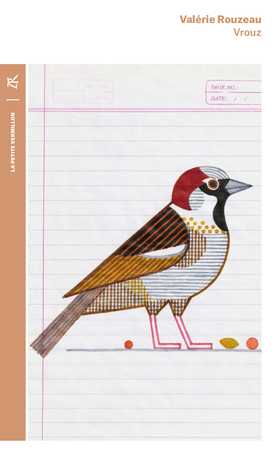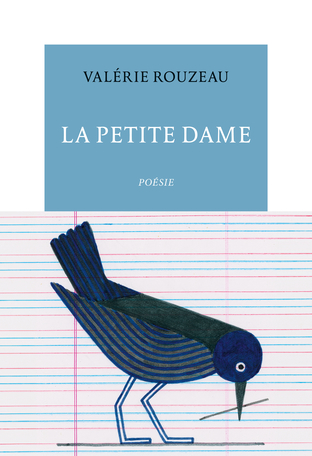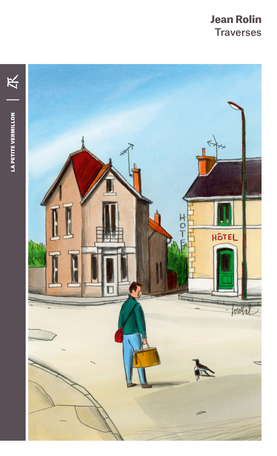Deux remords de Claude Monet
Prix Libraires en Seine 2017
Prix Marguerite Puhl-Demange 2017
au bord de la Manche, de Londres aux Pays-Bas, de l’Île-de-France à la Normandie, entre le siège de Paris en 1870 et la tragédie de la Grande Guerre, hanta le peintre jusqu’au bout.»
Michel Bernard.
- Vermillon
- Paru le 18/08/2016
- Genre : Littérature française
- 224 pages - 140 x 205 mm
- EAN : 9782710380702
- ISBN : 9782710380702
Foreign Rights
Deux remords de Claude Monet
Rights sold
China (Sea Sky)
Spain (LaBreu, catalan language)
Awards
Prix Libraires en Seine 2017
English and Italian translation samples available
Presentation
Several months before his death, when Claude Monet confirmed to the French government that he would donate his work Water Lilies to the Orangerie museum in Paris, he added a final condition to the contract: that the government also purchase a painting he did sixty years earlier, Women in the Garden, and display it in the Louvre.
For this demand he gave no explanation. Deux Remords de Claude Monet tells the story of love and death that – from the Mediterranean side of the Cevennes mountains to the shore of the English channel, from London to Holland, from Paris to Normandy, from the Paris Commune uprising of 1870 to the tragedy of World War I – haunted the painter to the end of his days.
It’s Claude Monet’s life that interests Michel Bernard, but a life recounted through particular prisms: the illustrious figures Frédéric Bazille and Camille Doncieux. Bazille was a young painter friend of Monet, hailing from a wealthy family in Montpellier. Enlisting voluntarily in the Franco-Prussian war, he died in combat at Beaune-la-Rolande in December 1870. Camille, after having been Monet’s favorite model and then his mistress, became his wife the same year that Frédéric died. She bore him two sons before dying of cancer in 1879. And it is through paintings, obviously, that these two figures in his life are connected, like Bazille and Camille (Le Déjeuner sur l’herbe), or Women in the Garden, purchased by Frédéric to help a penniless Monet.
With his clear, precise writing, Michel Bernard perfectly renders the way that intimacy blends with history, just as he did so well in his novel Le Corps de la France. The author also documents the mad joy of painting for a brilliant artist who joined the dull melancholy of time’s passing with the nagging question of wondering if he had loved his two guardian angels nearly enough.
We follow Monet’s rise to celebrity and cross paths with Renoir and Sisely, Manet and Pissarro, discovering the young man who is worried that success is fleeting, as well as the old man in Giverny, known around the world, who after World War I would only show the portrait of Camille on her death bed to his friend Georges Clémenceau.
Deux Remords de Claude Monet is a book that is both poignant and joyful, where in the end a kind of paradoxical serenity emerges: that of creation as a magnificent challenge to time.
Michel Bernard was born in Bar-le-Duc. A civil servant, he is the author of Mes tours de France (L’Âge d’Homme, 1999, La Petite Vermillon, 2014) and Comme un Enfant, a fictionalized biography of Charles Trenet (Le Temps qu’il fait, 2003). After La Tranchée de Calonne in 2007 (Prix Erckmann-Chatrian), he published at la Table Ronde La Maison du docteur Laheurte (2008, Prix Maurice Genevoix), Le Corps de la France (2010, Prix Erwan Bergot de l’Armée de Terre), Pour Genevoix (2011), Les Forêts de Ravel (2015, Prix de la Ville de Deauville), Deux remords de Claude Monet (2016, Prix Libraires en Seine) and Le Bon Cœur (2018, Prix Roman France Télévisions).
“A masterful novel.” Livres Hebdo
“One of our best contemporary writers.” La Marseillaise
“Some day will come when we will realize that Michel Bernard’s latest book is one of the most beautiful ever written about Claude Monet and Impressionism.” L’Union
“Here is an almost perfect book, so close to perfection that one is reluctant to pick only one of its qualities; all its qualities work together to provide harmony in reading.” La Croix
“An admirable and poignant story, which manages, however incredibly difficult this might be, to evoke the figure and the work of Claude Monet, both worldly famous, in a new and enlightening manner.” L’Humanité
“These brilliant and surprising pages casts a constantly renewed light on the subjects it approaches.” Le Figaro
“Fascinating with intimacy, focusing on heroes and what binds them together.” Livres Hebdo
If you are interested in publishing one of our books or wish to receive further information, you can contact:
Anna Vateva, Foreign Rights : + 33 1 40 46 71 02
a.vateva@editionslatableronde.fr
